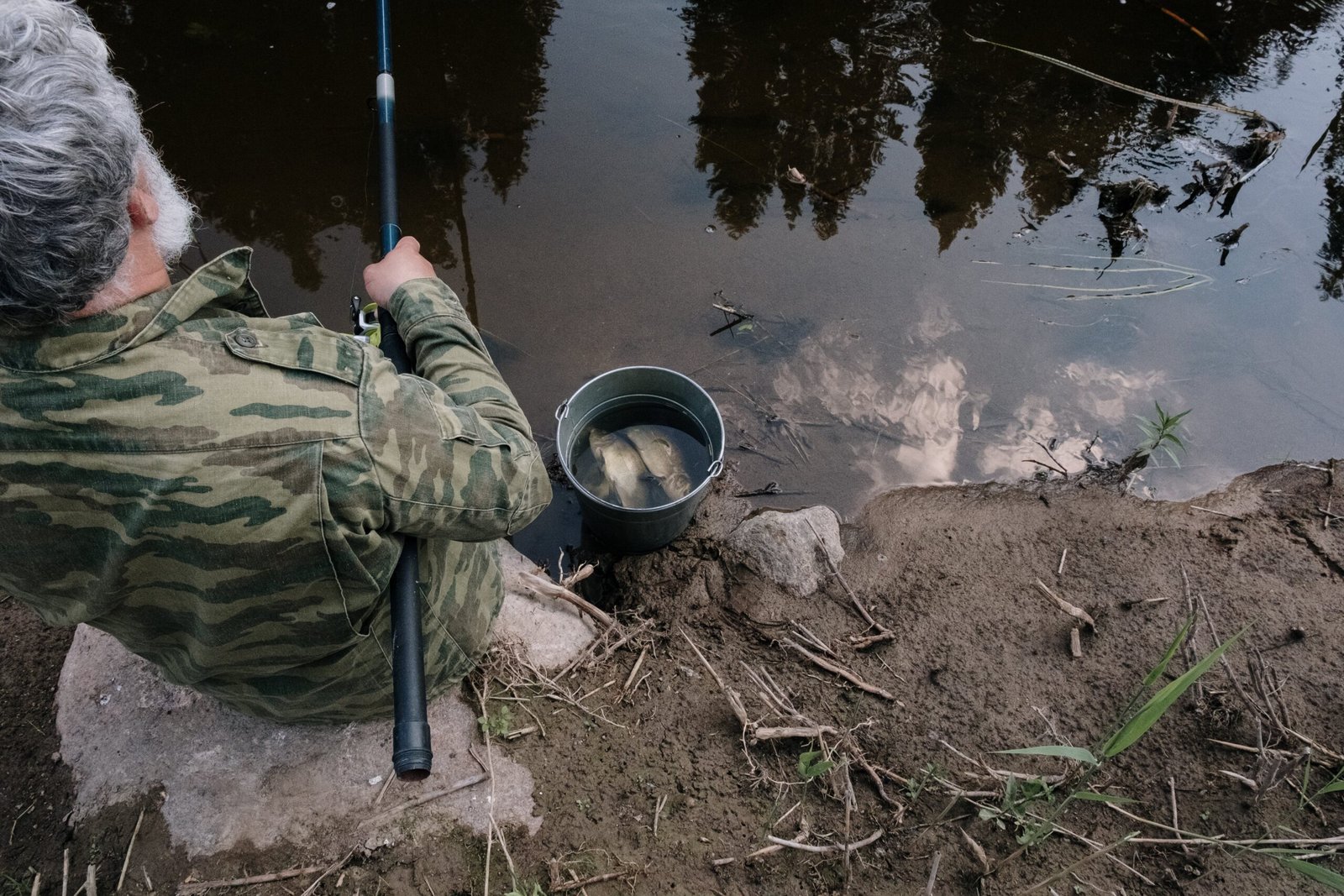Can Fishing Help With Environmental Conservation?
Fishing has long been considered a popular recreational activity and a vital industry for millions of people around the world. However, with overfishing and other unsustainable practices becoming more prevalent, there is growing concern about the impact of fishing on our environment. As such, many are questioning whether fishing can actually help with environmental conservation efforts.
In this document, we will delve into the complexities of this question, exploring the various ways in which fishing can be both harmful and beneficial to our ecosystems. We will also discuss the role of sustainable fishing practices and how they can contribute to environmental conservation efforts. Ultimately, we hope to provide a comprehensive understanding of the relationship between fishing and conservation and highlight potential solutions for preserving our marine resources.
The Impact of Overfishing on Marine Ecosystems
Overfishing, the practice of catching more fish than can be replenished naturally, has been a major issue plaguing our oceans for decades. This unsustainable practice has led to a decline in many fish populations and disrupted entire marine ecosystems.
One of the main consequences of overfishing is the depletion of top predators such as sharks, tuna, and swordfish. These predators play a crucial role in maintaining balance within their ecosystems by controlling the population of their prey. Without these top predators, the populations of smaller fish can explode, leading to an imbalance in the food chain.
Moreover, overfishing can also result in the loss of biodiversity as certain species are targeted more than others. This not only affects fish populations, but also the overall health and resilience of marine ecosystems.
The Benefits of Sustainable Fishing Practices
While overfishing has negative impacts on our environment, fishing can also be a tool for environmental conservation when done sustainably. Sustainable fishing practices prioritize the long-term health and productivity of fish populations and their habitats.
One example of sustainable fishing is bycatch reduction techniques, which aim to minimize the accidental catching of non-target species. This helps to protect and preserve endangered marine animals such as sea turtles, dolphins, and seabirds.
Furthermore, sustainable fishing can also promote the conservation of certain fish species. By implementing measures such as catch limits and size restrictions, we can prevent overfishing and allow fish populations to replenish themselves naturally.
The Role of Fishing in Local Communities
Aside from its potential impact on marine ecosystems, fishing also plays a significant role in the lives and livelihoods of many communities around the world. In developing countries, fishing is often a crucial source of income and food for local populations.
In these communities, sustainable fishing practices can provide both economic and environmental benefits. By promoting responsible fishing techniques, we can help secure the livelihoods of fishermen while also preserving their marine resources for future generations.
Also, sustainable fishing practices can have positive ripple effects on local communities. By preserving fish populations and habitats, we are also protecting the livelihoods of other industries such as tourism and seafood processing.
Can Fishing Help With Environmental Conservation?
The answer is not a simple yes or no. While overfishing and other unsustainable practices have detrimental effects on our environment, fishing can also be a powerful tool for conservation when practiced sustainably.
To truly utilize the potential of fishing for environmental conservation, it is essential to prioritize sustainable practices and regulations at both local and global levels. By doing so, we can ensure that future generations can continue to enjoy abundant and diverse marine life while also supporting local communities and economies.
So let’s not give up on fishing just yet, but rather work towards finding a balance between harvesting our ocean resources and preserving them for the future. Let’s envision a world where fishing is both sustainable and beneficial for our environment. This is why it is crucial for individuals, governments, and industries to work together towards a more sustainable and responsible approach to fishing.
Pros and Cons of Fishing for Environmental Conservation
As with any issue, there are both pros and cons to using fishing as a tool for environmental conservation. Here, we will explore some of the main arguments for and against fishing in relation to conservation efforts.
Pros:
- Sustainable fishing practices can help preserve marine ecosystems and protect endangered species.
- Fishing can provide economic benefits for local communities, especially in developing countries.
- By promoting responsible fishing practices, we can ensure the availability of seafood for future generations.
Cons:
- Overfishing and other unsustainable practices have led to a decline in fish populations and disrupted marine ecosystems.
- Certain fishing methods, such as bottom trawling, can cause significant damage to ocean habitats.
- The regulation and enforcement of sustainable fishing practices can be challenging and costly.
Tips for Responsible Fishing
If you are a recreational or commercial fisherman, here are some tips to help ensure that your fishing activities are sustainable and responsible:
- Always follow catch limits and size restrictions set by local authorities.
- Use proper gear and techniques to reduce bycatch and prevent harm to non-target species.
- Avoid fishing in known spawning areas or during certain times of the year to allow fish populations to replenish.
- Release any non-target or undersized fish back into the water carefully and quickly to minimize harm.
- Educate yourself on local fishing regulations and follow them accordingly.
By following these tips, we can all contribute towards more sustainable and responsible fishing practices that will benefit our environment and future generations.
FAQs
Are there any sustainable fishing certifications?
Yes, there are several certification programs that promote sustainable fishing practices and help consumers identify sustainably sourced seafood. These include the Marine Stewardship Council (MSC) and the Aquaculture Stewardship Council (ASC).
Can aquaculture be a more sustainable alternative to wild-caught fishing?
Aquaculture, or fish farming, can be a more sustainable alternative to wild-caught fishing if it is done responsibly and with proper regulations. However, certain aquaculture practices can also have negative impacts on the environment, such as pollution and the spread of diseases.
How can I support sustainable fishing?
You can support sustainable fishing practices by choosing sustainably sourced seafood, educating yourself about responsible fishing methods, and advocating for sustainable fishing regulations and policies. Remember, every small action can make a big difference in preserving our oceans for future generations.
Conclusion
In conclusion, fishing can have both positive and negative impacts on our environment. However, with proper regulations and responsible practices, we can harness the potential of fishing for environmental conservation. By promoting sustainable fishing techniques and supporting local communities, we can ensure that our ocean resources are preserved for future generations to enjoy.
So let’s continue to work towards a more sustainable and responsible approach to fishing, and protect our oceans for the benefit of all. So next time you go out to fish, remember to do so responsibly and with conservation in mind. Together, we can make a difference for the health of our oceans. Keep on fishing sustainably! Happy fishing!




What do you think?
It is nice to know your opinion. Leave a comment.